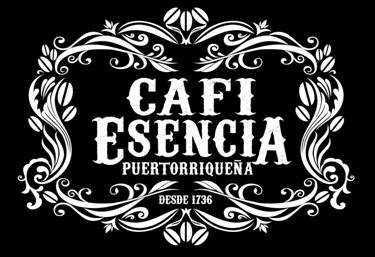Cafiesencia, an NGO based in Maricao, Puerto Rico, has launched a project aimed at coffee growers and others living and working in and around the forests of the Maricao and Susúa Important Bird and Biodiversity Area (IBA).
The CAFEiCANTO project provides them with training in sustainable agriculture, shade-grown coffee, water conservation and bird monitoring and reporting.
The forests are home to the globally threatened Puerto Rican Nightjar Caprimulgus noctitherus and Elfin-woods Warbler Setophaga angelae, and 18 restricted-range species including the Puerto Rican Tody Todus mexicanus.
They are also important for populations of many Neotropical migratory birds. The IBA is also recognized as a Key Biodiversity Area because of its importance for plants, bats, reptiles and amphibians.
Ecological Shade-grown Coffee
Cafiesencia became the custodian of the Maricao and Susúa IBA after signing an agreement with the Puerto Rican Ornithological Society (SOPI, BirdLife in Puerto Rico). The aim is to promote economic sustainability and biodiversity conservation through the production of “Ecological Shade-grown Coffee”.
SOPI supports the production and marketing of shade-grown coffee as it represents an important means of conserving birds (through the maintenance of the shade-providing canopy trees); while at the same time securing a premium price and improving the livelihoods of the farmers.
In harmony with coffee
The logo of the CAFEiCANTO project features the Elfin-woods Warbler: “in harmony with coffee”.
Cafiesencia is implementing the project under a Cooperative Agreement with the USDA Forest Service.
“Being custodians of the IBA, we saw a need to educate the surrounding farming communities of the forests, to create awareness of bird populations. And how they can add ecological and touristic value to the farms”, explains Cafiesencia’s Executive Director, Lisette Fas Quiñones.
The CAFEiCANTO project provides the opportunity for farms to receive an evaluation for agro/eco-tourism potential.
Collaborators on the project include the Puerto Rico Tourism Company; the Department of Natural and Environmental Resources; College of Agricultural Sciences at the University of Puerto Rico at Mayagüez; and the Fish and Wildlife Service of the United.


















